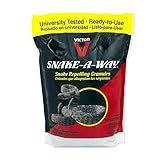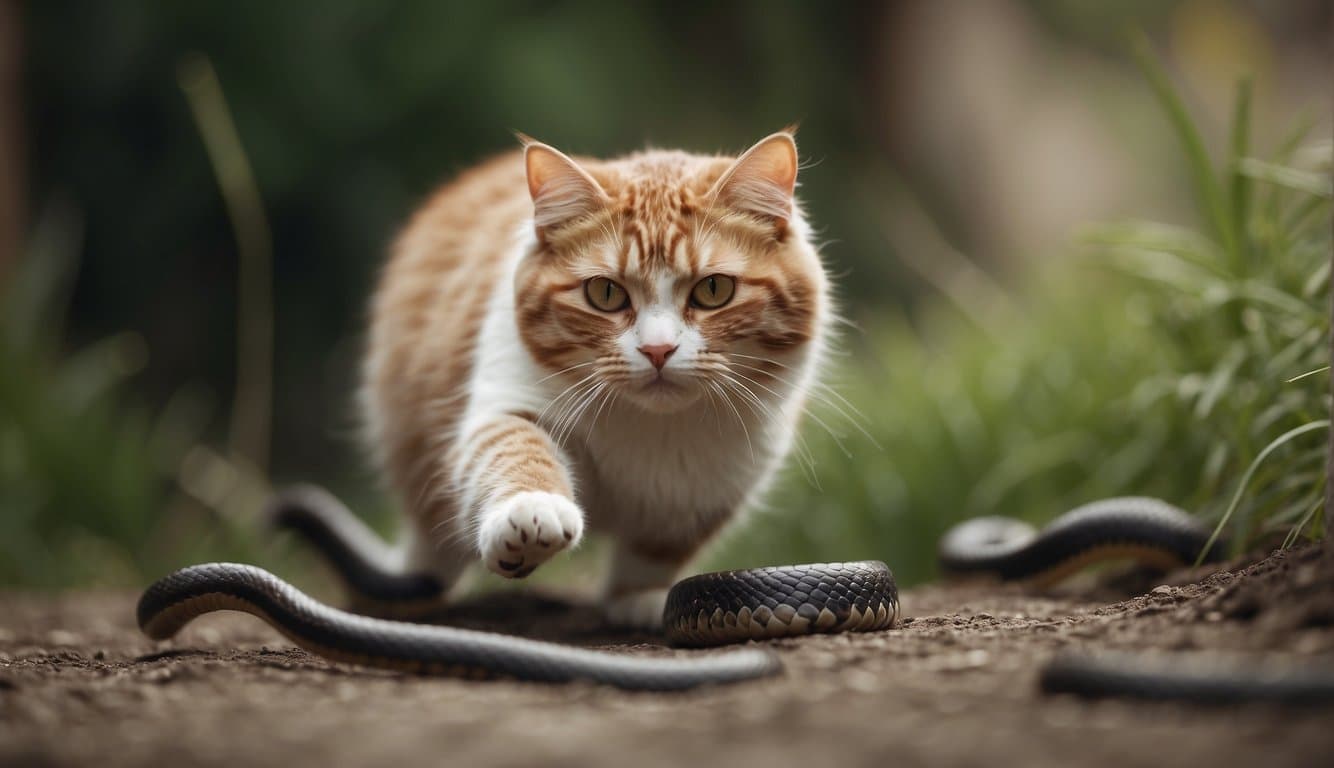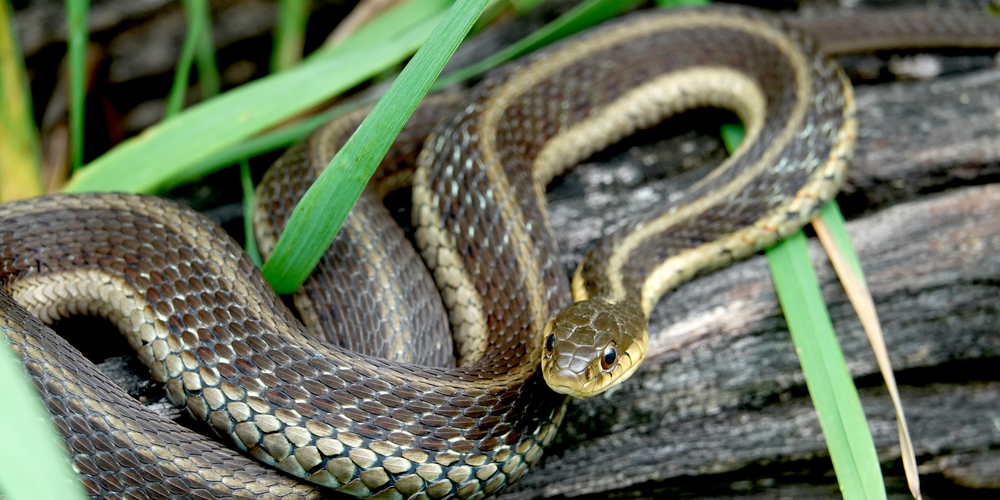Quick Answer
Who wants to read 1000 words? Here’s the simple answer to the question:
| Question | Do Cats Kill Snakes? |
|---|---|
| Answer | Yes, They Can |
| More Info | Cats, especially those that spend time outdoors, are known to hunt and kill small animals, including snakes. Their natural predatory instincts drive them to chase and catch various creatures. While most encounters involve smaller, non-venomous snakes, cats may occasionally confront venomous snakes as well. Owners should be cautious and monitor outdoor cats, as snake bites can pose serious health risks. |
Cats and Snake Predation
When your cat encounters a snake, it’s acting on a complex interplay of instinct, agility, and predatory prowess.
Here’s how your cat applies these skills to one of its more surprising potential prey—snakes.
Hunting Techniques
- Stalk and Pounce: Your cat’s primary technique is the classic stalk-and-pounce method.
Your cat will quietly and carefully watch its target, calculating the perfect moment before launching a swift attack.
- Speed and Agility: If a confrontation occurs, your cat utilizes its superior speed—up to 30mph—and agility to dodge attacks and counterstrike, often aiming for the snake’s head.
- Use of Claws and Teeth: After trapping the snake, your cat will likely use its sharp claws and teeth to immobilize and eventually kill the snake.
This minimizes the threat of retaliation from the snake.
Types of Snakes Targeted
- Common backyard snakes: These are often non-venomous and can include garter snakes, which are not a match for your cat’s hunting skills.
You can find more information about this on a blog about cats and snakes.
- Potential risks with venomous species: While cats may occasionally target venomous snakes out of instinct, species such as rattlesnakes harbor a significant risk.
An encounter could result in serious injury to your cat. More information on these dynamics is available on Vet Explains Pets.
Risks and Benefits
Cats play a significant role in local ecosystems by preying on various small animals, including snakes.
While this behavior can have advantageous effects on the environment, it also poses certain risks to the feline hunters.
Benefits to Ecosystem
- Natural Pest Control: Your cat’s hunting instincts can help keep the population of small rodents and snakes in check, contributing to a balanced ecosystem.
- Preservation of Crops: By hunting potential pests, cats indirectly protect plant life and can contribute to healthier gardens and fields.
Potential Dangers to Cats
- Risk of Injury or Illness: If your cat encounters venomous snakes, they can suffer from envenomation which might lead to serious health complications or even be fatal.
- Diseases and Parasites: Cats can contract various diseases from snakes or become hosts for parasites they carry.
Cats Will Kill Snakes
In exploring the interactions between cats and snakes, you’ll find that cats’ behaviors are influenced by both innate instincts and experiences they’ve acquired over time.
Instinctive Behaviors
- Reflex Actions: Cats possess a natural instinct to chase and attack smaller moving prey, which often includes snakes. This instinctual drive is hardwired into their behavior, much like their ancestors in the wild.
- Survival Tactics: When faced with a potential threat like a snake, a cat’s instinct may drive it to kill the snake not just for food, but also as a way to eliminate a possible source of danger.
Learned Behaviors
- Hunting Skills: Cats that grow up in environments where they’re exposed to snakes may learn to hone their hunting and killing techniques more effectively than those who aren’t.
- Risk Assessment: Through experience, cats can learn to gauge which snakes are safe to attack.
- Younger or more inexperienced cats might be more likely to engage out of curiosity, while older cats may use past encounters to decide whether to confront or avoid a snake.
Frequently Asked Questions
In exploring the feline world, you’ve asked about their interactions with snakes. Here are succinct, direct answers to some of the most common curiosities surrounding the prowess of your household predator against slithering foes.
How effectively do cats hunt snakes?
Cats are natural hunters and possess sharp reflexes that aid them in capturing prey, including snakes. Their agility and speed often give them an advantage against non-venomous snakes.
Are certain breeds of cats more proficient at killing snakes?
Some breeds, such as the Maine Coon or the Siamese, are known for their strong hunting instincts, which may extend to killing snakes. However, it’s important to note that proficiency can vary greatly among individual cats rather than specific breeds.
What is the behavioral response of cats towards venomous snakes?
Cats exhibit caution and heightened awareness when facing venomous snakes.
Their natural curiosity can lead to perilous encounters, but they may also instinctively avoid snakes known to be dangerous.
After catching a snake, do cats consume them or do they have other instincts?
Some cats may eat the snakes they catch, especially in a feral or survival situation. More commonly, domestic cats view catching snakes as a form of play or to present as a “gift” to their owners.
Is it common for cats to dispatch snakes within domestic environments?
Encountering snakes in a domestic setting is less common, but cats may still hunt down any snakes that stray into their territory.
In encounters between cats and highly venomous snakes, such as king cobras, what is the usual outcome?
When cats face highly venomous snakes like the king cobra, the outcome can be fatal.
The cat’s speed and agility might not suffice against such dangerous predators, and a single bite can be lethal due to the potent venom.
Last update on 2025-06-06 / Affiliate links / Images from Amazon Product Advertising API




